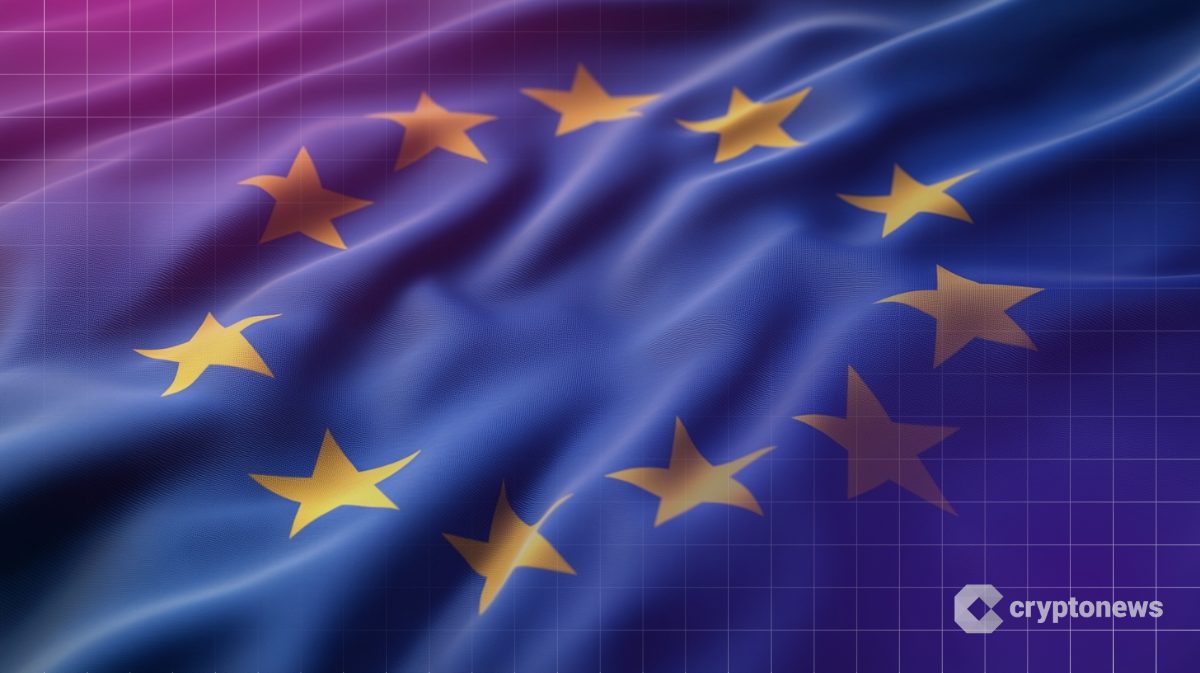Barry Silbert Returns as Chairman of Grayscale, to Drive IPO Plans
2025/08/05 00:09
PANews reported on August 5th that Barry Silbert has returned to Grayscale, the crypto asset management company he founded , replacing Mark Shifke as chairman, to advance the company's SEC -filed IPO plans. Grayscale has also brought on four senior executives from traditional finance: Diana Zhang, a former Bridgewater executive , as COO; Ramona Boston, a former Apollo executive , as CMO ; Andrea Williams, a former Goldman Sachs executive , as CCO ; and Maxwell Rosenthal, a former Citadel executive, as CHRO . The company currently manages over $35 billion in assets and is considering adding independent directors.
Disclaimer: The articles reposted on this site are sourced from public platforms and are provided for informational purposes only. They do not necessarily reflect the views of MEXC. All rights remain with the original authors. If you believe any content infringes on third-party rights, please contact [email protected] for removal. MEXC makes no guarantees regarding the accuracy, completeness, or timeliness of the content and is not responsible for any actions taken based on the information provided. The content does not constitute financial, legal, or other professional advice, nor should it be considered a recommendation or endorsement by MEXC.
You May Also Like

Japanese listed company Metaplanet spent approximately $53.7 million to increase its holdings of 463 Bitcoins
PANews reported on August 4th that Metaplanet, a publicly listed Japanese company, announced that it had purchased an additional 463 bitcoins at a price of approximately $115,895 per bitcoin, spending
Share
PANews2025/08/04 11:02

ECB Says Cash Will Stay, Even as Digital Payments Grow
As digital transactions continue to rise across Europe, the European Central Bank (ECB) is doubling down on its commitment to preserve physical cash. In a blog post titled “Making euro cash fit for the future,” ECB Executive Board Member Piero Cipollone outlines why cash remains indispensable—and how the ECB plans to ensure it stays that way. Cash is indispensable as a way to pay and to store value, says Executive Board member Piero Cipollone. We are modernising banknotes, ensuring they remain accessible and widely accepted. A digital euro will complement this by bringing the benefits of cash to digital payments. — European Central Bank (@ecb) August 4, 2025 A Dual Payment Future: Cash and Digital Euro The ECB explains that while digital payments are growing rapidly, especially following the COVID-19 pandemic, Cipollone made it clear: physical cash isn’t being phased out. Instead, it’s being preserved and modernised to coexist with digital innovations, such as the upcoming digital euro. To support this dual system, the European Commission’s 2023 Single Currency Package introduced two legislative proposals. One protects the legal tender status of euro cash, and the other lays the groundwork for a digital euro. Together, these laws aim to ensure that Europeans continue to have a wide range of payment choices—both online and offline. Cash Still in High Demand Across Europe Despite digital trends, the ECB reports that euro banknotes remain a trusted store of value. Over €1.6 trillion worth of euro banknotes—around €5,000 per eurozone citizen—is currently in circulation. While usage dipped slightly during interest rate hikes, cash demand continues to rise at an annual rate of 2.3% in volume. Cipollone stresses that during past crises—the 2008 financial crash, the sovereign debt crisis, and the pandemic—cash demand surged, reinforcing its role as a stabilising tool in uncertain times. “Cash is always there when you need it,” he notes. Access to Cash Must Be Protected, Says ECB One of the ECB’s key concerns is making sure there is equitable access to cash services. As bank branches close and ATMs become less common, rural and underserved regions risk being cut off. To counter this, the proposed Legal Tender of Cash Regulation includes mandatory monitoring and assessment of cash access points across the eurozone. The ECB says it is working with national central banks to create metrics that account for geographic and population differences. Cipollone stresses that commercial banks have a duty to maintain both withdrawal and deposit services—essential for keeping cash circulating in local economies. No-Cash Policies Face Legal Pushback Retailers and public services increasingly refusing to accept cash is another red flag for the ECB. The central bank has criticised “no cash” signs and has called for rules to enforce cash acceptance, particularly in essential services like public transport. The Court of Justice of the European Union supports this stance, affirming that cash must be accepted unless both parties agree otherwise. The ECB also plans to modernise banknotes—both in design and anti-counterfeit technology—to ensure they remain practical and appealing well into the digital age. The ECB is clear—cash is not going anywhere. Instead, it’s being future-proofed to stand strong alongside the digital euro, offering Europeans flexibility, security, and inclusivity in how they pay. ECB Approves Central Bank Money for DLT Transactions In July, the ECB approved a two-track plan that will utilise central bank money for distributed ledger technology (DLT) transactions. The first short-term track approach, dubbed “Pontes”, will connect DLT platforms with Eurosystem TARGET services, to be launched by 2026. The track will ensure the free flow of cash, securities and collateral across Europe. Meanwhile, before the launch of the Pontes pilot in Q3 2026, the ECB will consider DLT-based trial and experiment requests.
Share
CryptoNews2025/08/04 19:05

$166,000 looks inevitable for Bitcoin, according to CryptoCon’s two-year Fibonacci roadmap
Bitcoin’s recent price moves have closely followed a two-year Fibonacci model. According to analyst CryptoCon, the next logical level could be around $166,000. Fibonacci’s fingerprints on Bitcoin’s rise Bitcoin’s (BTC) recent all-time high near $123,000 has triggered all the usual…
Share
Crypto.news2025/08/05 02:03